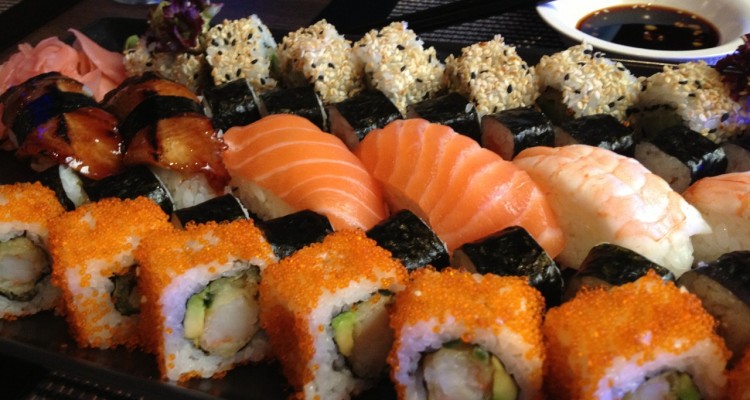In principle this would seem reasonable. There’s safety in numbers after all and eating out in a city you don’t know is fraught with problems and let’s face it, an appetite is a terrible thing to waste!

Secret sauce
TripAdvisor won’t reveal exactly how their algorithm works but the way they rank restaurants and hotels is based on the scores in reviews submitted, with checks designed to root out fake reviews, and a certain weighting given to the ‘velocity’ of reviews, so a new place has a chance of ranking against long-established places with a huge body of reviews.
Check your own city
One easy way to decide whether you can trust the rankings for a city you’ve never been to is to look instead at those for a city you live in. Do you agree, in general, with the rankings given? A year or so ago Prague had 6 Indian restaurants in the top 30. Based on my own experience of them there’s no way most these places deserved to be there. Since then TripAdvisor seem to have improved their fake review detection. Right now I agree with the restaurants in Prague’s top 10, by and large, though their positions aren’t necessarily representative. In first place is Bellevue, which admittedly does have great views, especially if you get a window table, of Charles Bridge and Prague Castle. But if you take the view away, V Zatisi, owned by the same group and located a very short walk away, is far superior in my opinion. Bellevue draws the TripAdvisor crowd because of the views though.
Restaurants is a broad category
You’ll find that wine bars, cafés and cocktail bars in the top 10, not just restaurants. It’s nice that they’re in there but it can be a bit confusing.
Who is writing the reviews?
One thing you’ll notice is that locals very rarely write reviews, it’s usually people on vacation who make reference to TripAdvisor and then return to write their own review. TripAdvisor features reviews by travellers from all over the world, so a place that might appeal to a particular nationality might not be to your taste.
Self-reinforcing system
This means that ‘velocity’ aside, if a place ranks in the top 10 then it’s hard for it to be toppled providing it performs at least acceptably – places in the top 10 get more reviews because more TripAdvisor users go there.
Do your homework
If you’ve picked out a few places from TripAdvisor’s list, read through some of the reviews and see how well they’re written. Is it in poor English? Overly effusive with praise? Do you trust the individual reviews and how does that affect your perception of the rest of the reviews. It’s also worth checking online for reviews by professional reviewers (many cities in Europe have English-language newspapers, such as The Prague Post and you can sometimes find reviews of far-flung restaurants in the travel section of the NYT, Telegraph and other newspapers’ websites). Food bloggers can also be an invaluable source for independent reviews. At the very least you’re likely to see what the dishes look like (also check foodspotting.com for photos).
So, can you trust TripAdvisor’s restaurant reviews?
If you approach the reviews as what they are – comments written by people like you, visiting a city, and often only eating at a place once, then they provide a useful pointer on places to eat. After that do a little extra research of your own to confirm your selections.
Planning a trip to Europe? We’d love to put together a Europe travel package just for you. Get in touch to find out more!

Charlie is head of marketing at JayWay Travel. A long-term Prague resident, his interests are cooking, eating out, cycling, skiing and of course, travel.